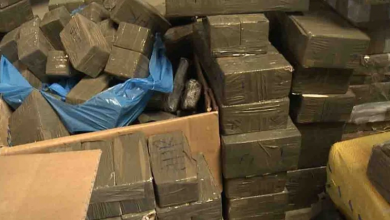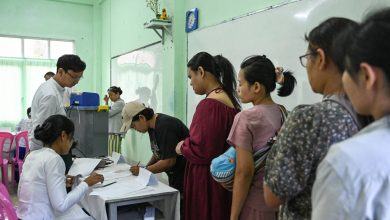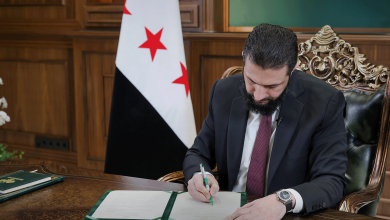Tariq ibn Ziyad, Ibn Khaldun, couscous, Gnawa music, Malhun, caftan… The renewed political tensions between Rabat and Algiers have revived the dispute over the paternity of some of the flagship elements of the cultural heritage common to the two countries.
From diplomatic to cultural war, there is sometimes only one step… that Algerian and Moroccan internet users have not failed to take. In parallel with the escalation of tensions between their respective countries, they have been fighting on social media for several months with great blows of controversy around the origin of common cultural elements. Couscous, tajine, caftan, Gnawa… everything goes, up to the nationality of historical figures such as Tariq ibn Ziyad or Ibn Khaldun.
“We see on the web the flourishing of several movements that have made this appropriation of different cultural aspects their business, by focusing only on the fetishistic dimension,” highlights political scientist Rachid Achachi. On the Moroccan side, we can cite in particular the Moorish, who regularly publish articles on their site dedicated to the history of the Kingdom’s heritage, whether material or immaterial, and who have a large audience, especially on social networks.
On the Algerian side, if no group has a popularity comparable to that of the Moorish, there are many internet users whose posts almost systematically revolve around the defense of Algerian identity, which is attacked according to them by its Western neighbor.
Attempt to recover
“All Algerian heritage has been stolen by Morocco: the caftan, couscous, tajines… All of this has neo-colonialist political aims. We are two different peoples. We have our history, our heritage. Thank you for not stealing it from us,” writes a tweeter who calls himself “The Pearl of Algiers”.
The proliferation of this type of content in recent months suggests that there may be an attempt to recover identity issues. “It is clear that the true identity does not lie in couscous or caftan, but in the structuring values of a people’s imagination,” recalls Achachi.
“In the case of Algeria, while maintaining a high level of diplomatic and military tensions, we are looking for a new front, this time cultural. This shows that this country has exhausted all the mechanisms it had: closing the borders, breaking off diplomatic relations, canceling the renewal of the pipeline that supplied Spain… There is only cultural and identity fetishism left to feed a national novel lacking in greatness and excite the nationalist ardor of the people,” the researcher laments.



